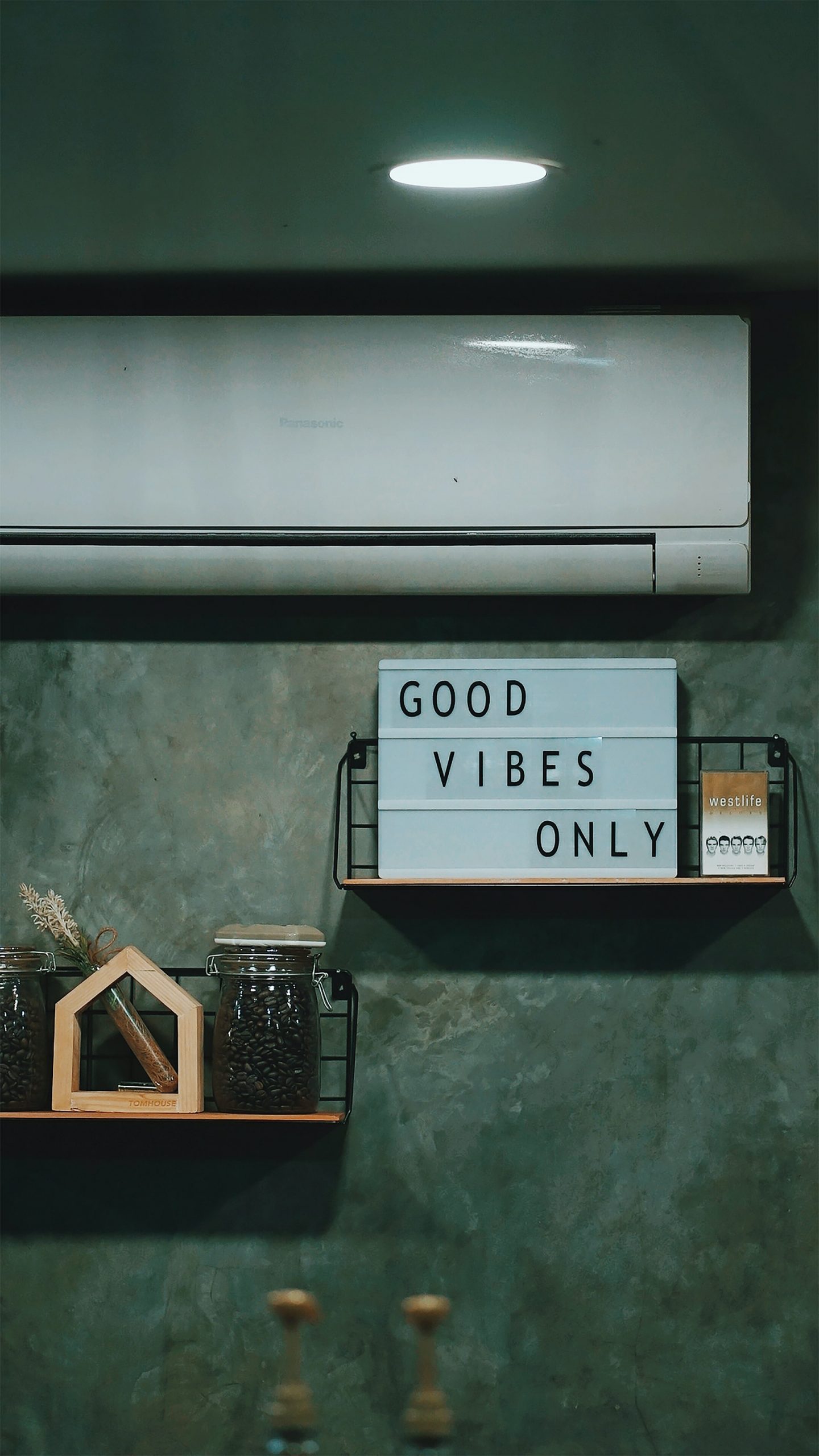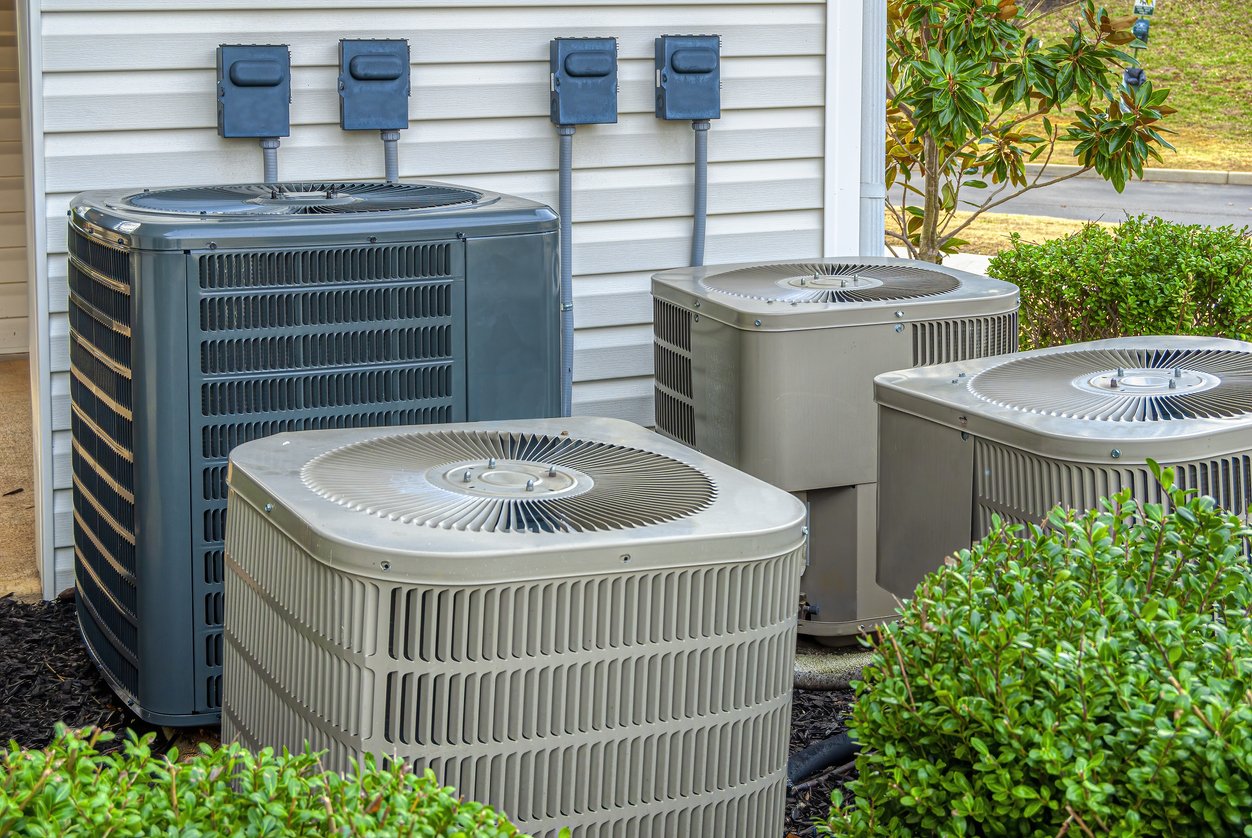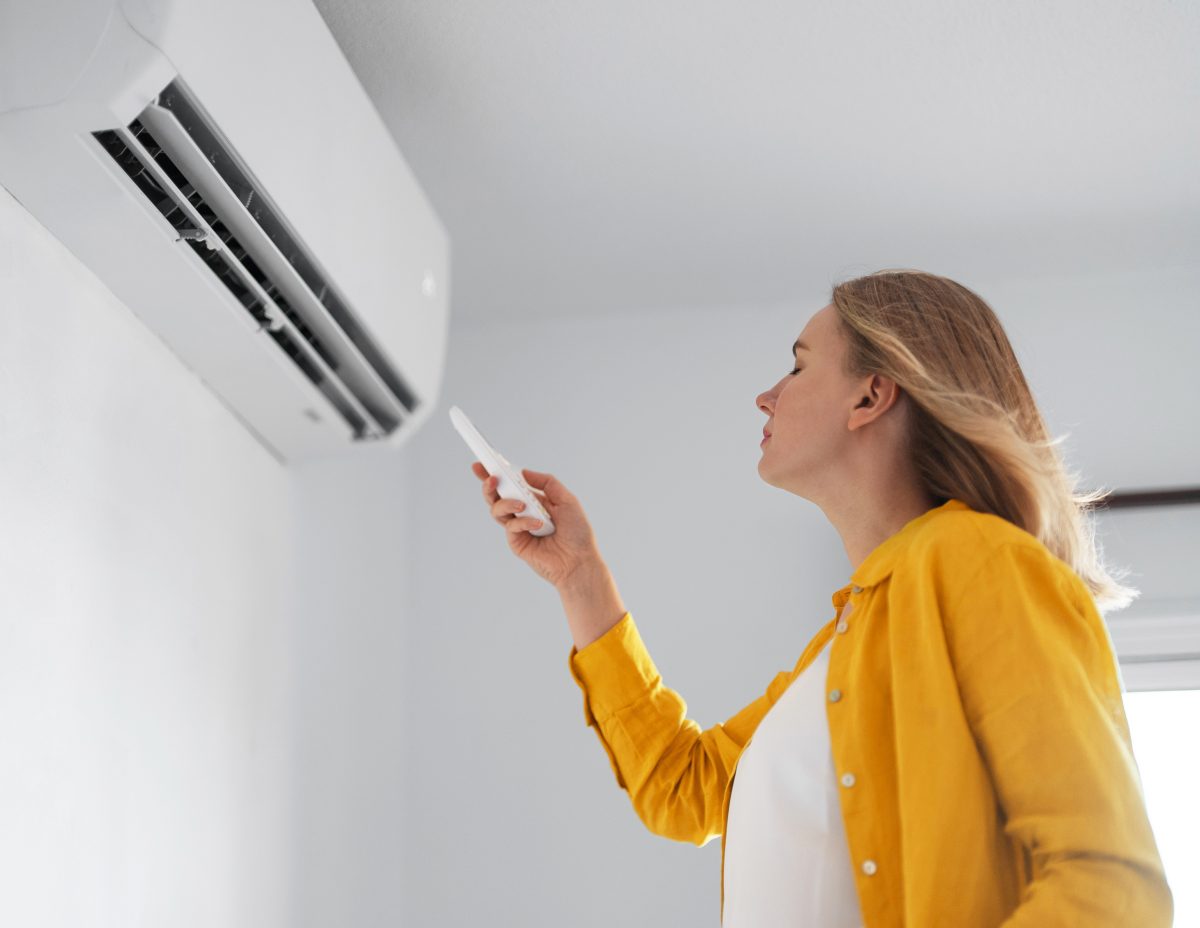Air conditioning is an undeniable proof of the service rendered by human ingenuity for its well-being. Existing since 1902, it is only with the advent of the heat wave that the sales statistics of this device have exploded. Its capacity to offer optimal thermal comfort independently of the weather conditions of the moment seduces more and more consumers.
Faced with this fact, certain notions revolving around this thermal appliance must be made available to all. So, without further ado, let’s dive into this blog and learn some things you should know about air conditioning systems.
1. Pre-installation requirements

The purchase of an air conditioner requires a minimum of prevention relative to its installation. Indeed, even before ordering it, it is essential to determine its location. It would be wise to ask an air conditioning specialist to do this. This location varies according to the volume of the unit purchased and the location of the various rooms involved.
In this case, the air conditioning systems differ according to the brand and the model (split, monobloc, heat pump system). Before the actual purchase, you should know that installing an air conditioning system requires certain administrative steps. Indeed, the validation of a declaration of work by the town hall and possibly by the owner (in the case of renting) is required in order to obtain the related authorization.
The administrative authority in question has a maximum of two months to validate the request. However, it should be noted that this administrative requirement only concerns air conditioning systems with an outdoor unit. In addition, the safety measures in force require the installation of a residential, hotel, or professional air conditioning system by a specialist.
2. The maintenance program
The maintenance of an air conditioning system varies according to the type of device. A fixed air conditioner requires annual maintenance by a professional. The mobile versions require domestic maintenance every 15 days. This is done by emptying and cleaning the condensation tray. You should also check the exhaust pipes’ condition and ensure the refrigerant circuits’ insulation.
Be careful! A poorly maintained air conditioner has serious health impacts. Indeed, the filter of the device accumulates dust, toxins, bacteria, and molds. This fact gives rise to lung diseases, breathing difficulties, and irritation of certain human organs (nose, eyes, throat).
3. Indicators of a defective air conditioner
At the first sign of a malfunction of the device, it is necessary to report to an air conditioning specialist. These indicators differ from case to case. An inappropriate increase or decrease in temperature may be an electrical failure due to a blown a fuse. Some signs cause organic discomfort, such as a temporary or continuous nausea, an unusual noise, or even a liquid leak.
4. The discomfort caused

Despite its qualities, in practice, the air conditioner causes the following undesirable effects:
-
- The discomfort of hearing is caused by the permanent noise of air conditioners. To date, only the split version is soundproof.
-
- It is true that this device ensures optimal dehumidification of the interior of the home. This action has the downside of drying the air too much and making it sometimes unbreathable.
-
- Contrary to generally accepted ideas, air conditioning has no harmful effect on our health. In fact, it is the bad maintenance of the air conditioning system that generates undesirable effects and respiratory diseases caused by the irritating agents.
The above information is a guide to the choice of the type of air conditioner. As a preventive measure, the consideration of these data is necessary to guarantee optimal thermal comfort.
Sound off in the comments section below, and tell us what you want to read next and if you want to read more about air conditioning.

